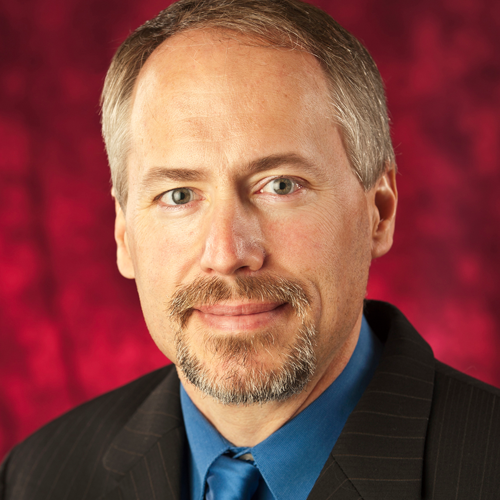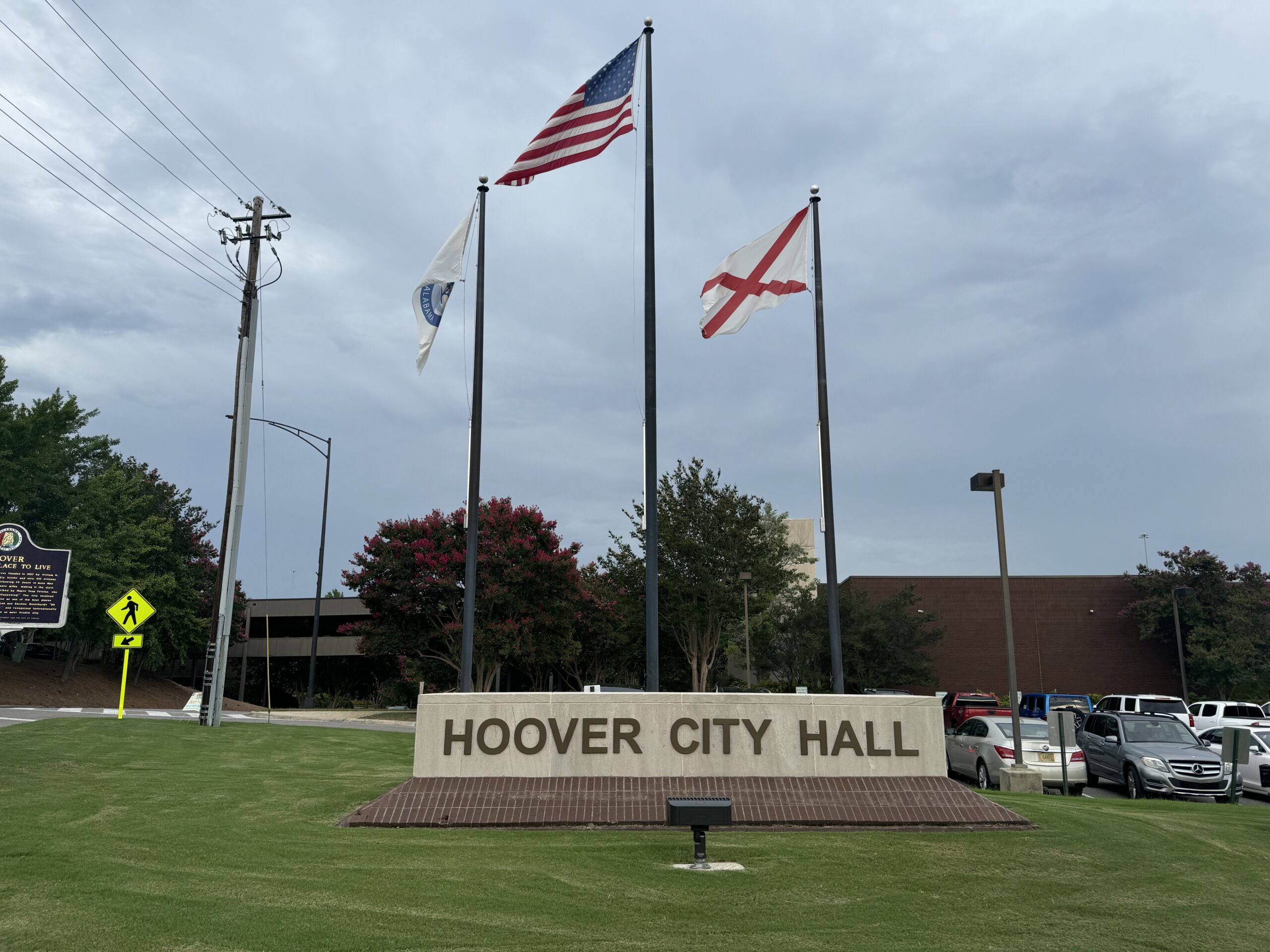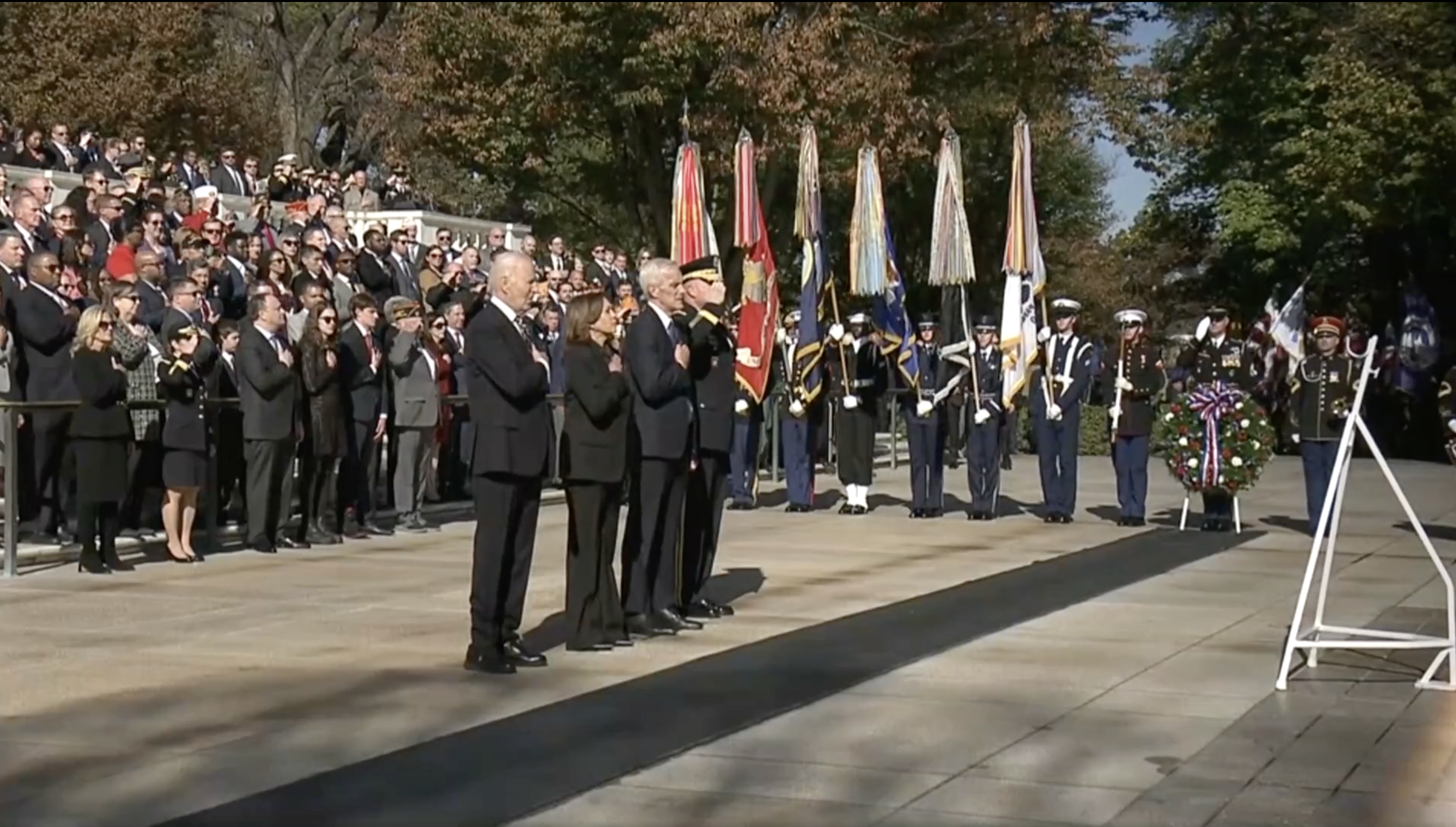The first North American portion of Taylor Swift’s Eras Tour has wrapped up. Ms. Swift structured ticket sales to help her biggest fans, as opposed to her richest fans, attend. Economics’ famous Coase Theorem suggests that this was not possible.
Several steps altered the distribution of tickets. First, the prices of tickets were set (relatively) low, an average of about $200. Second, Ticketmaster could not send tickets directly to the secondary market, where prices are set by supply and demand. Finally, fans got codes for a presale, which crashed the Ticketmaster website last November.
These steps should have helped Swifties of modest means get seats. Many more fans can pay $100 than $1,000 for a ticket.
But who attended? The Coase Theorem addresses this. Nobel Prize winner Ronald Coase argued that scarce resources and valuable property go to those willing to pay the most regardless of initial ownership. Economic efficiency is based on “willing to pay the most,” so the theorem claims that we have efficient use regardless of initial ownership.
The Coase Theorem implies that Ms. Swift could not get her biggest fans into the Eras Tour. Why? With normal Ticket Master practices, high secondary market prices would price0 many fans out. But Coase’s argument suggests that rich fans would buy tickets from the big fans getting presale tickets.
Ms. Swift’s measures still would benefit her fans. The Theorem says that initial ownership affects who benefits, not who attends. Loyal fans reselling their $100 for $1,000 would profit, as opposed to Ticket Master or Ms. Swift.
The Coase Theorem applies broadly. Many baseball fans think that free agency and no salary cap let big market teams buy the best players. But prior to free agency, big market teams could buy players from small market teams; the Yankees’ historic dominance was mostly before free agency. Free agency lets players benefit, not teams.
Like all economic results, the Coase Theorem holds only under certain conditions. For one, those willing to pay the most must find ticket holders and make them offers. Transaction costs, the costs of negotiating and carrying out trades, include the cost of finding the ticket holders. We do not live in a zero-transaction cost world, so the Coase Theorem will not hold perfectly.
Many parents might recognize a second condition. Parents might pay $100 or $200 face value to take their kids but not secondary market prices. More importantly, even though they would not buy tickets at secondary market prices, they would not sell $100 tickets for $1,000.
Owners can keep their property regardless of how much others might offer them. The amount you must be paid to sell your property is called willingness to accept. In many instances, a person’s willingness to accept considerably exceeds their willingness to pay. The Coase Theorem does not hold with a disparity between these values.
Competition also limits Ms. Swift’s ability to help her fans. We saw this during the presale when millions tried purchasing tickets. Ticket brokers competed with fans to get tickets. Such efforts are inevitable when something worth $1,000 sells for $100.
Competition is hardly new. If Ms. Swift was touring back when tickets were sold at the box office, fans would have lined up to purchase them. Fans likely would have camped out. The hours (or days) spent camping in the heat (or cold) would have offset part of the value of an inexpensive ticket. And some unlucky fan would have been next in line when the concert sold out.
Competition is a fundamental element of human society, biologists might say of life. Our effort to get nice things cheap dissipates the benefits. The best we can do is limit the extent of this competition.
Determining how many fans of modest means went to the Eras Tour would be an interesting economic case study. The tour, which continues into 2024, is expected to generate $2 billion in ticket revenue. Regardless of exactly how many tickets were resold, Ms. Swift benefited her fans by foregoing even more revenue from higher ticket prices.
Daniel Sutter is the Charles G. Koch Professor of Economics with the Manuel H. Johnson Center for Political Economy at Troy University and host of Econversations on TrojanVision. The opinions expressed in this column are the author’s and do not necessarily reflect the views of Troy University.
Related
Share via:













